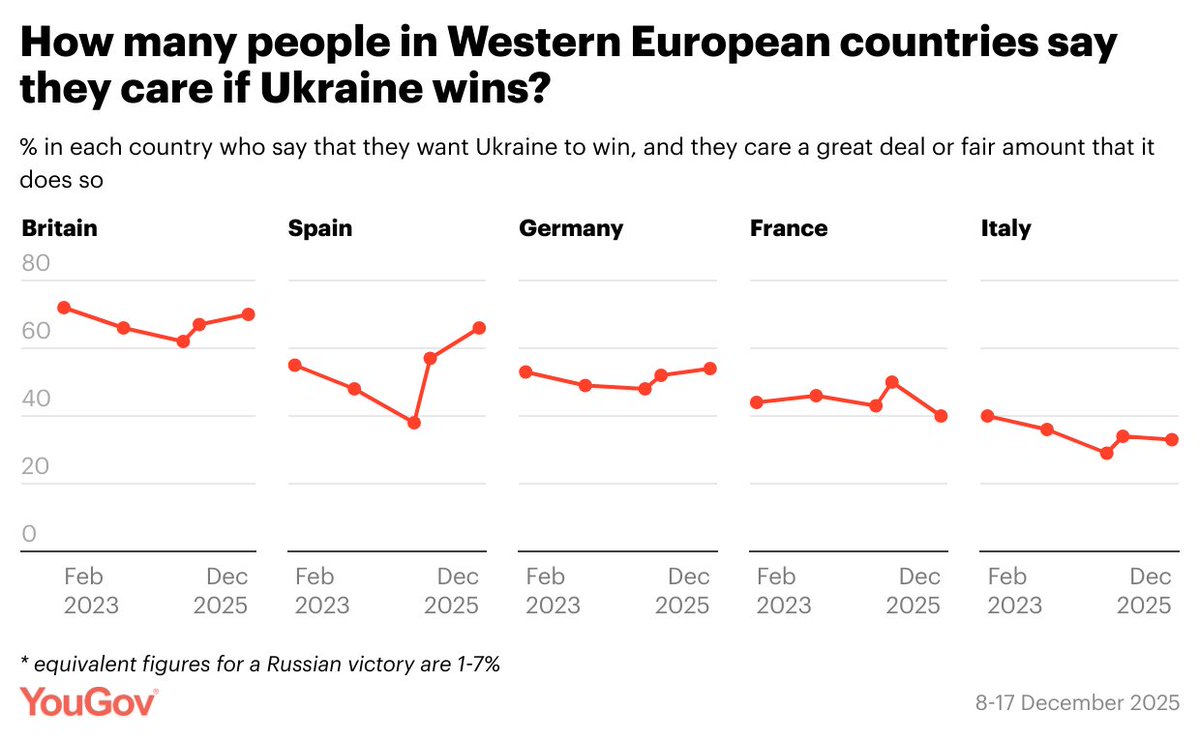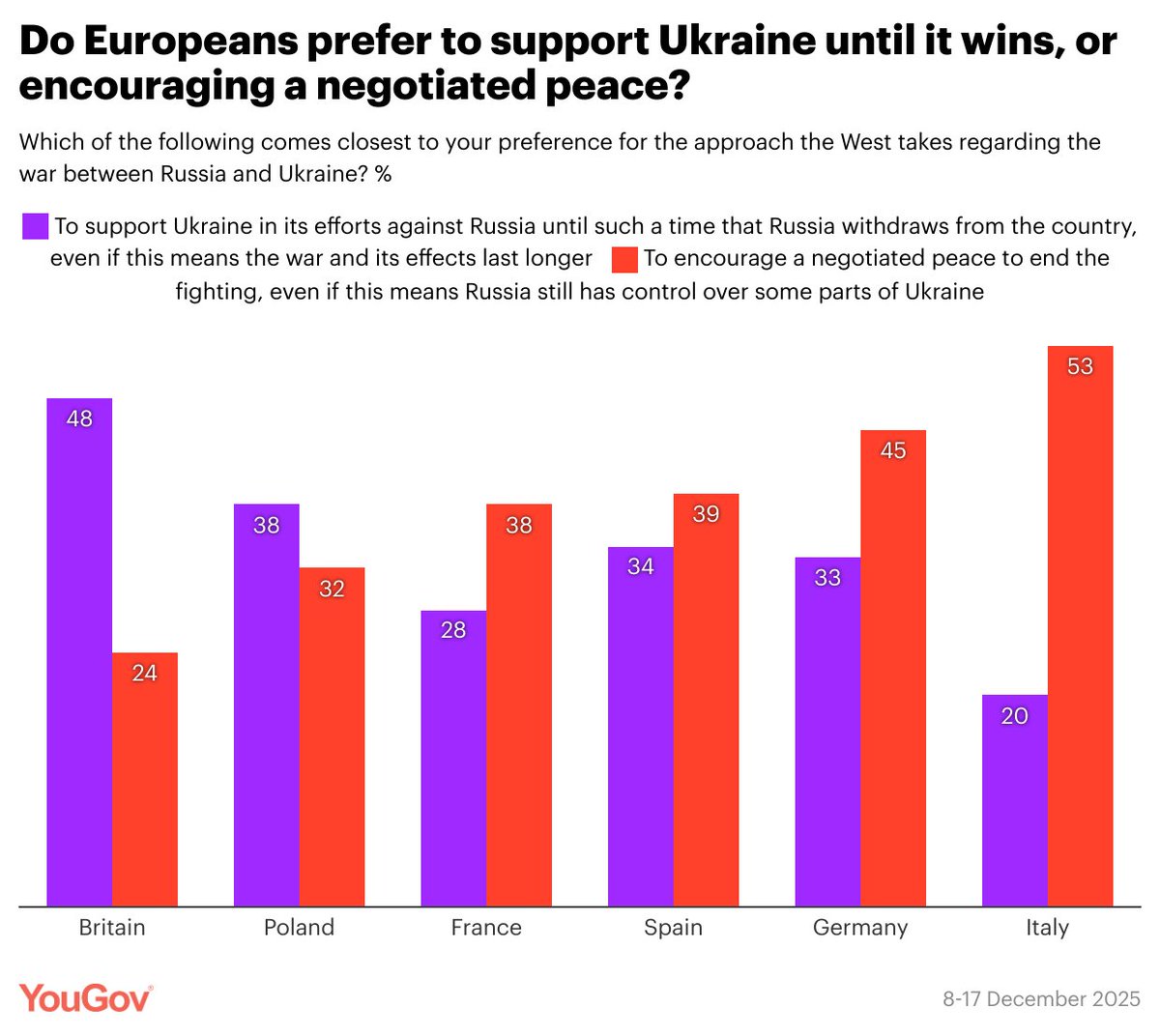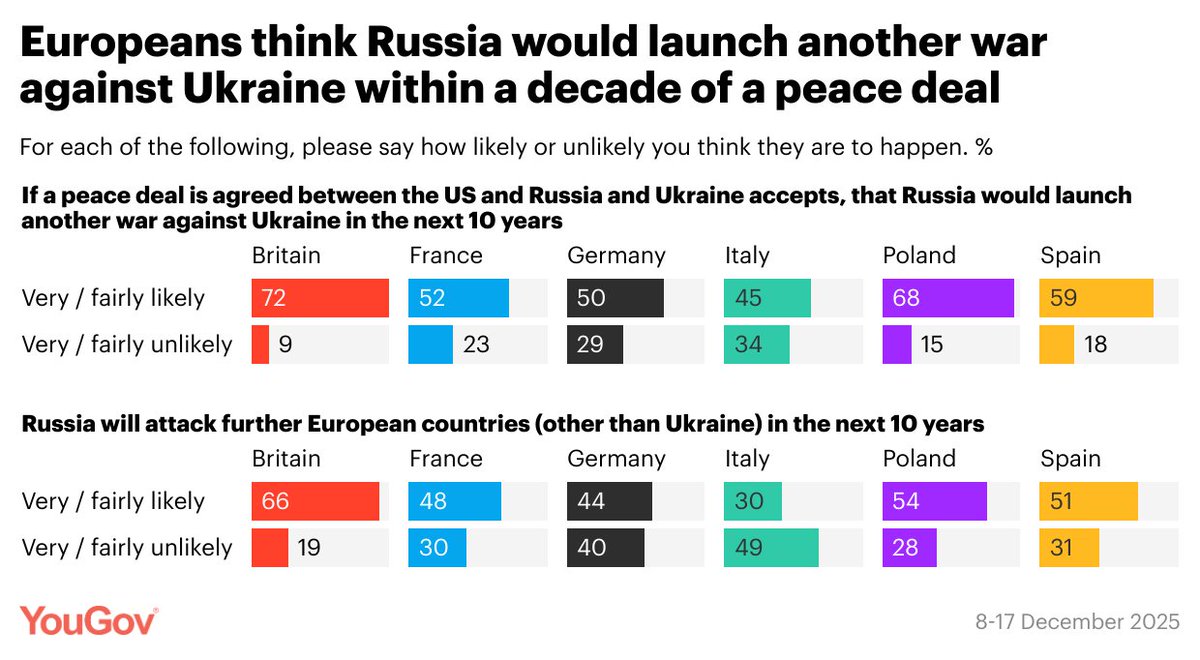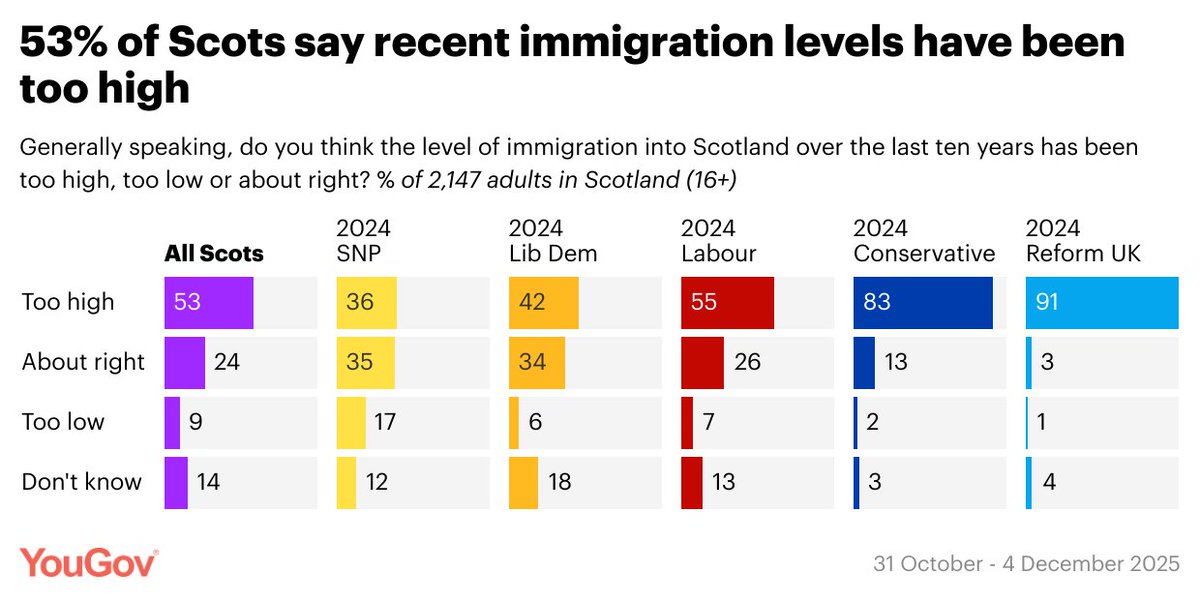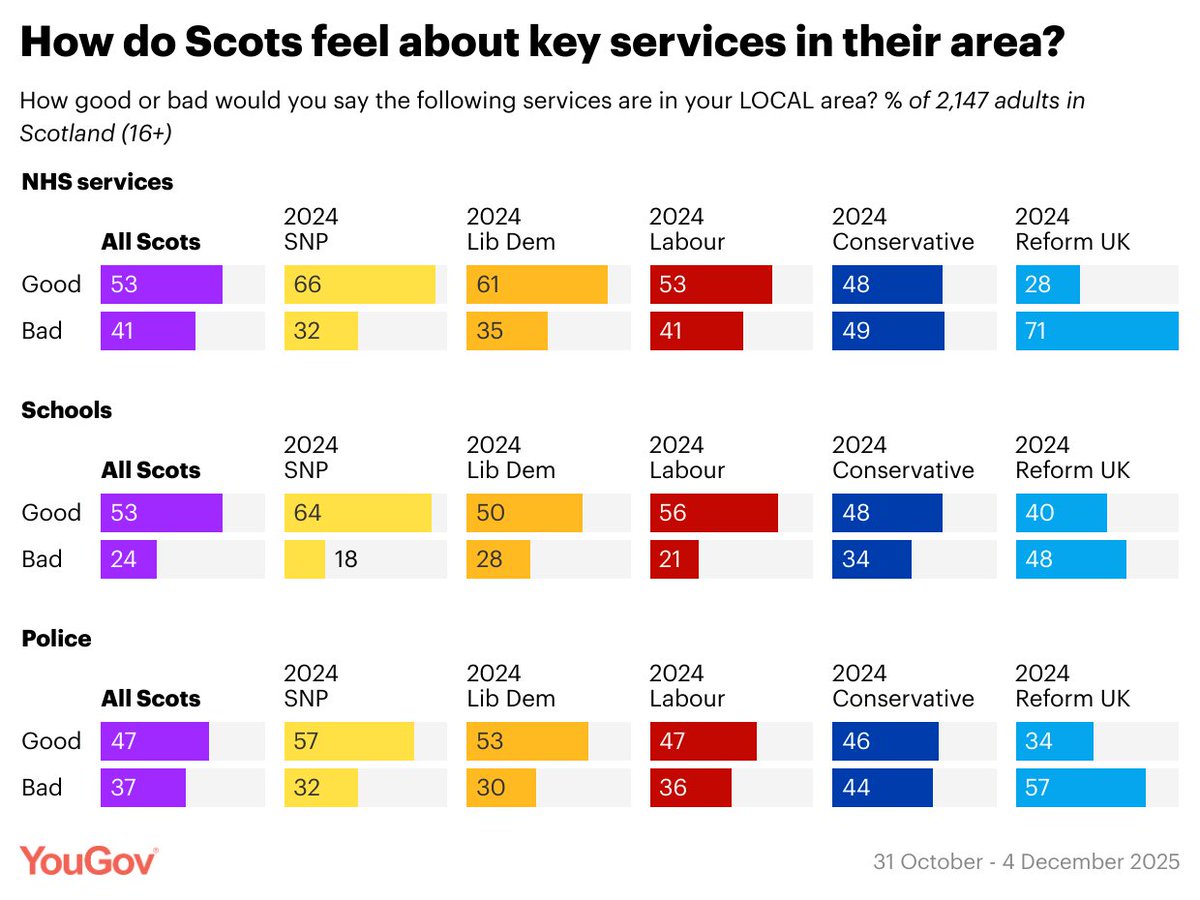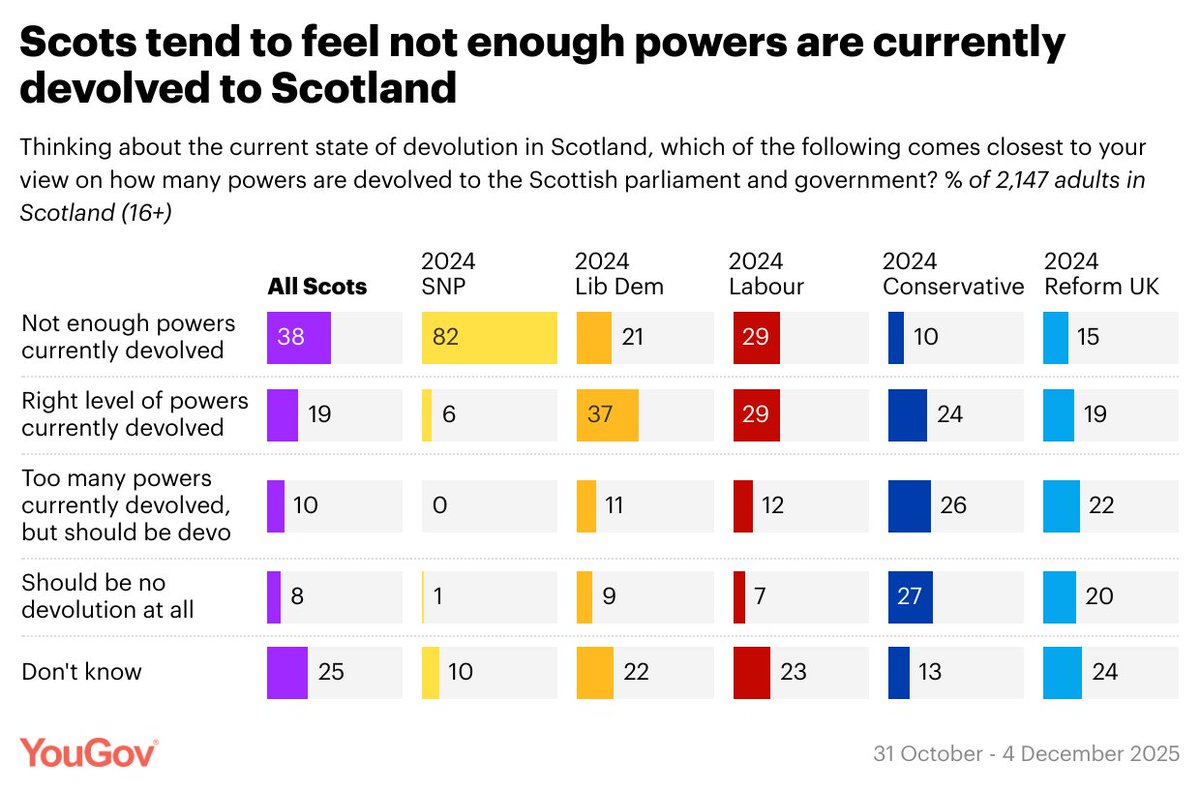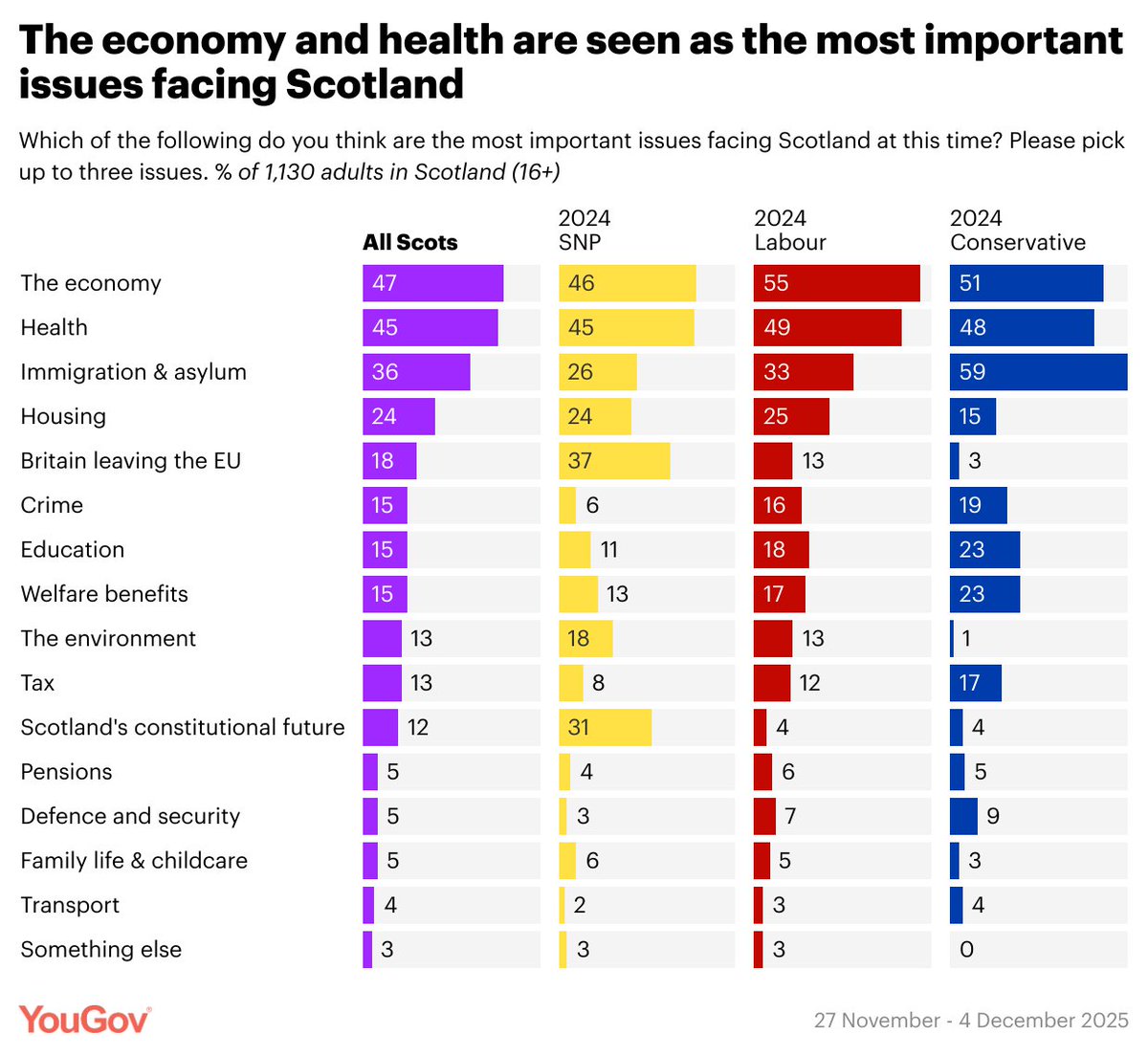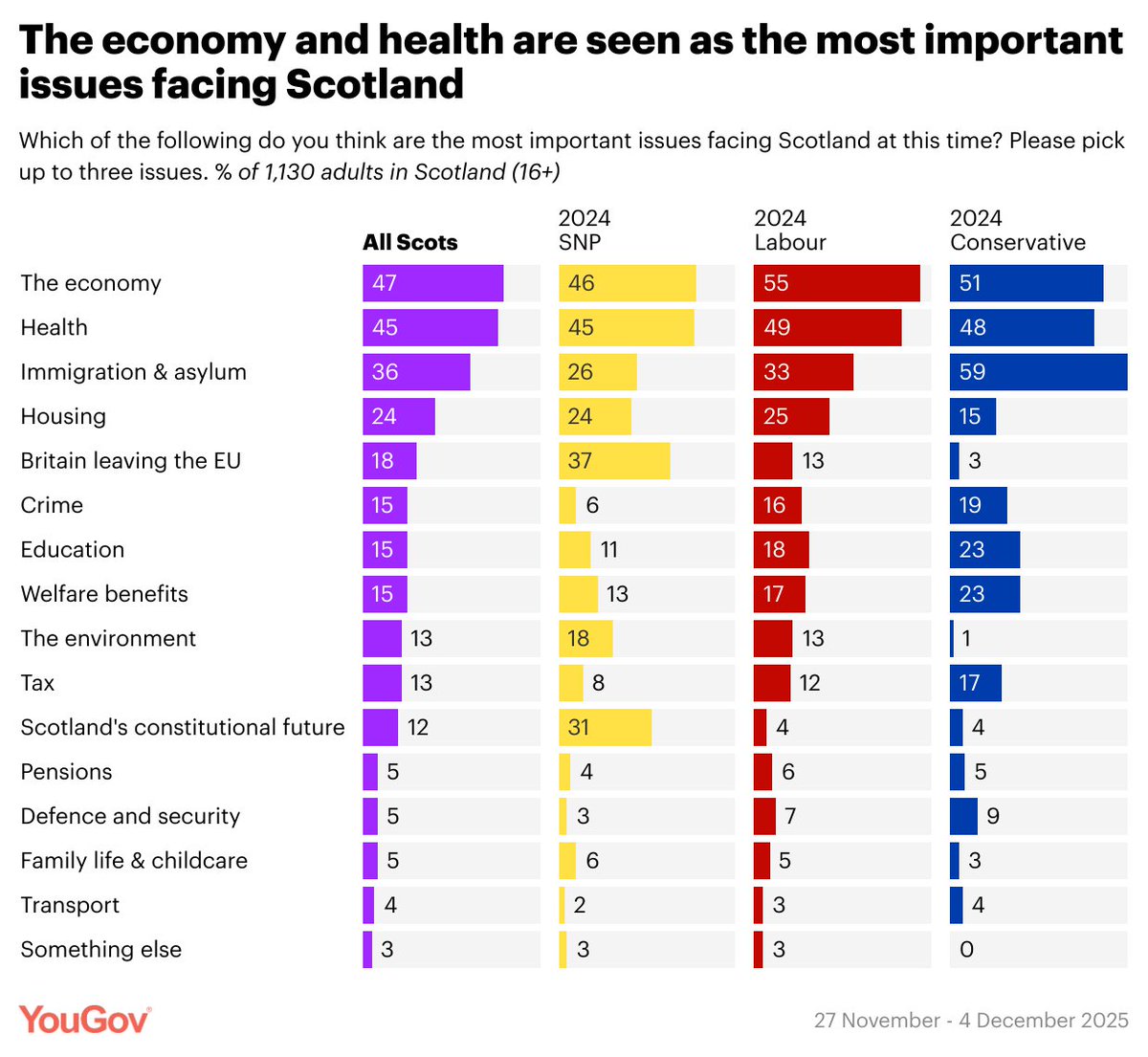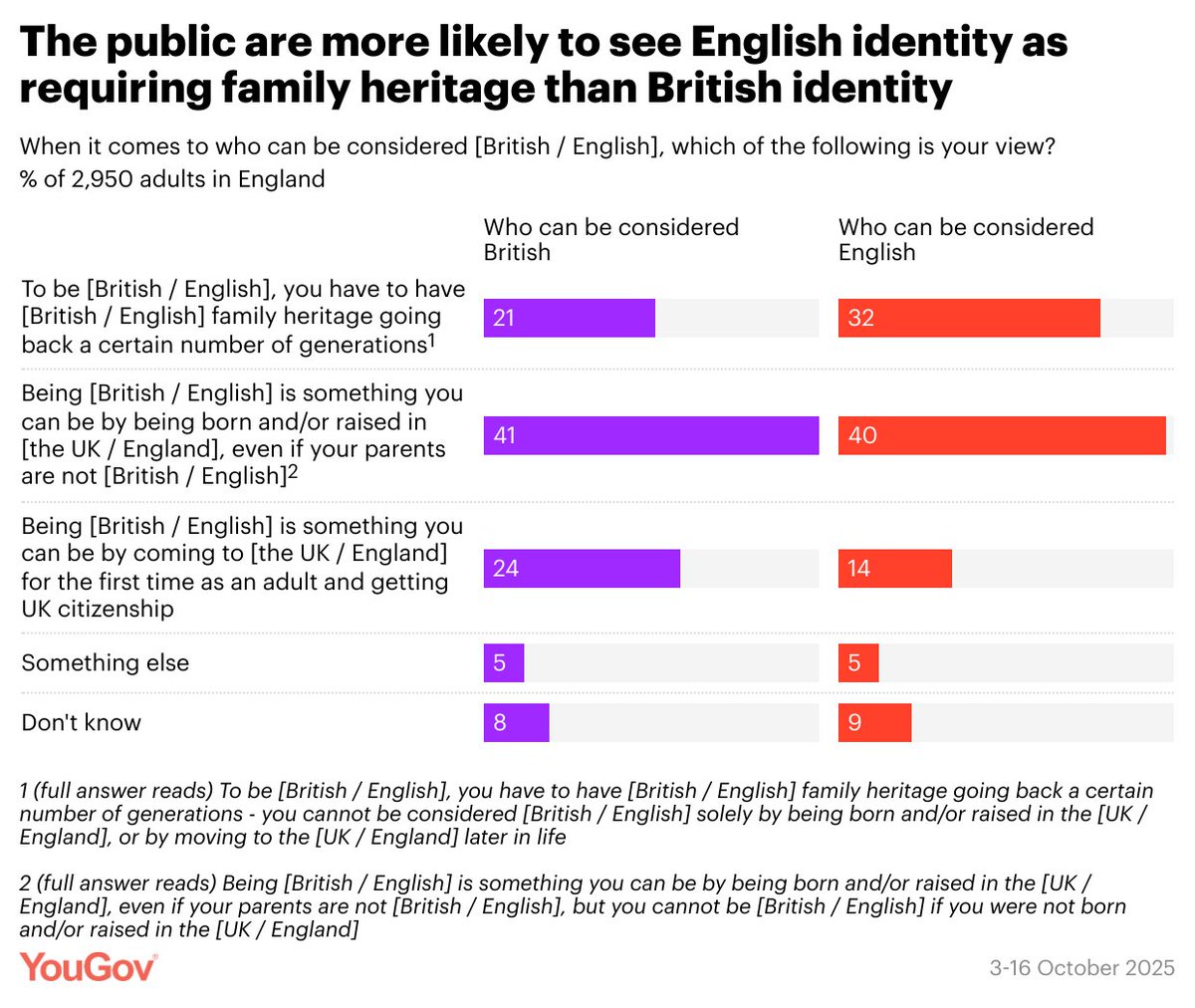Thread/ With Boris Johnson now confirmed to be our next Prime Minister, here’s what we know about what the public think of him yougov.co.uk/topics/politic…
1/ He is much less popular than May was at the time she took over. Johnson currently has a net favourability score of -27, compared to May’s +12 in August 2016 (although he does beat her current score of -37) yougov.co.uk/topics/politic… 

2/ Britons tended to see him as a good Mayor of London, but a bad Foreign Secretary
Mayor of London – 47% good / 29% bad
Foreign Secretary – 26% good / 48% bad
yougov.co.uk/topics/politic…
Mayor of London – 47% good / 29% bad
Foreign Secretary – 26% good / 48% bad
yougov.co.uk/topics/politic…

3/ Britons believe he will be a new type of Prime Minister (52%) – just 24% think he will be much like his predecessors. But not new in a good way – a plurality (44%) of those who think his style will be different think he will be poor/terrible at the job yougov.co.uk/topics/politic… 

4/ Views on which opinion of Boris tends to be most positive:
Likeable – 43%
Strong – 41%
Not racist – 40%
Views on which opinion tends to be most negative:
Out of touch – 63%
Untrustworthy – 58%
Putting on an act – 55%
yougov.co.uk/topics/politic…
Likeable – 43%
Strong – 41%
Not racist – 40%
Views on which opinion tends to be most negative:
Out of touch – 63%
Untrustworthy – 58%
Putting on an act – 55%
yougov.co.uk/topics/politic…

5/ If Boris Johnson went to Hogwarts, Brits think he would be in Slytherin (which values ambition, cunning, leadership and resourcefulness)
Slytherin – 42%
Ravenclaw – 9%
Hufflepuff – 5%
Gryffindor – 5%
yougov.co.uk/topics/politic…
Slytherin – 42%
Ravenclaw – 9%
Hufflepuff – 5%
Gryffindor – 5%
yougov.co.uk/topics/politic…

6/ The public see him as a better Prime Minister than Jeremy Corbyn (although both still lose to don’t know)
Boris Johnson – 34%
Jeremy Corbyn – 20%
Don’t know – 42%
yougov.co.uk/topics/politic…
Boris Johnson – 34%
Jeremy Corbyn – 20%
Don’t know – 42%
yougov.co.uk/topics/politic…

• • •
Missing some Tweet in this thread? You can try to
force a refresh


